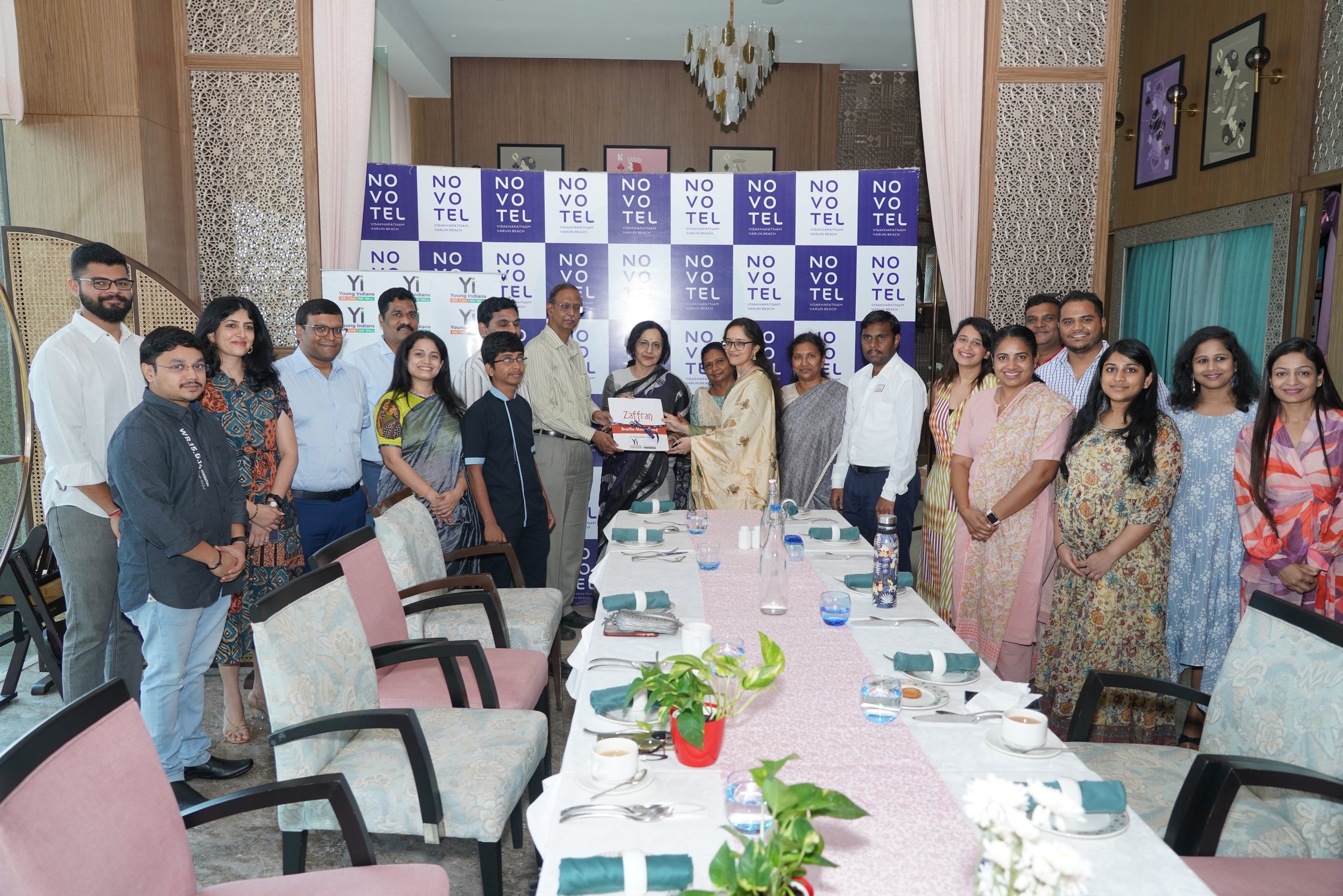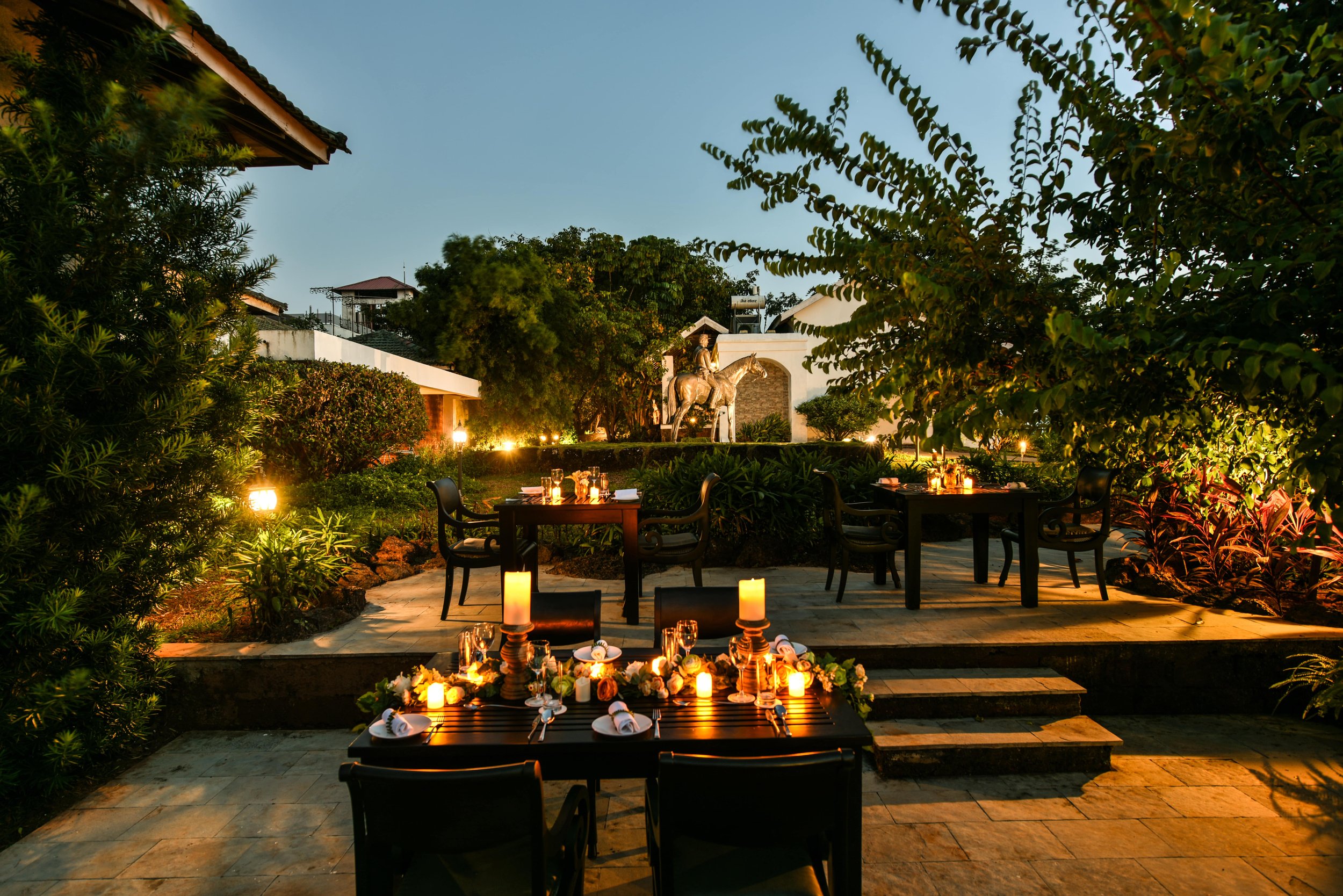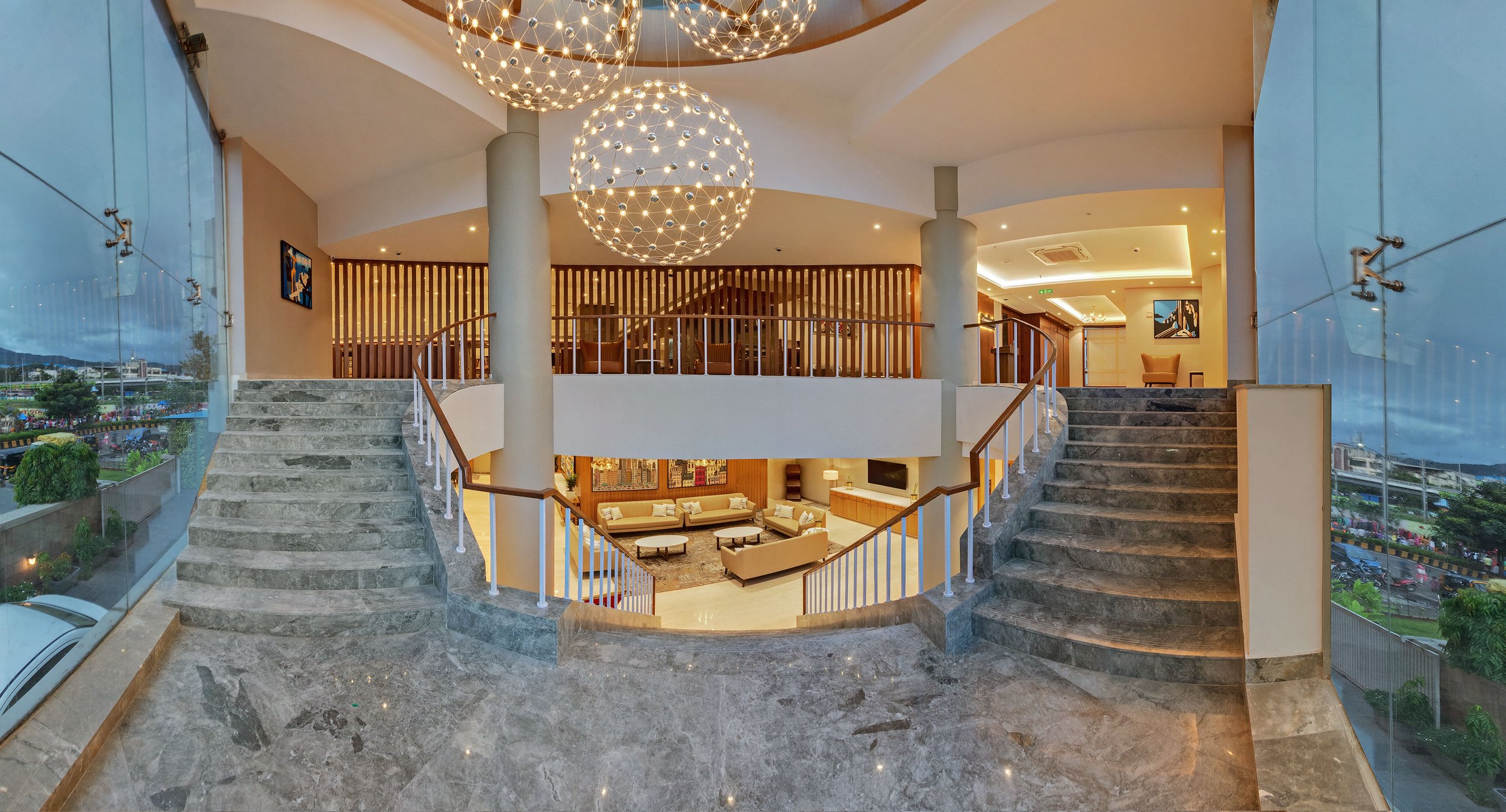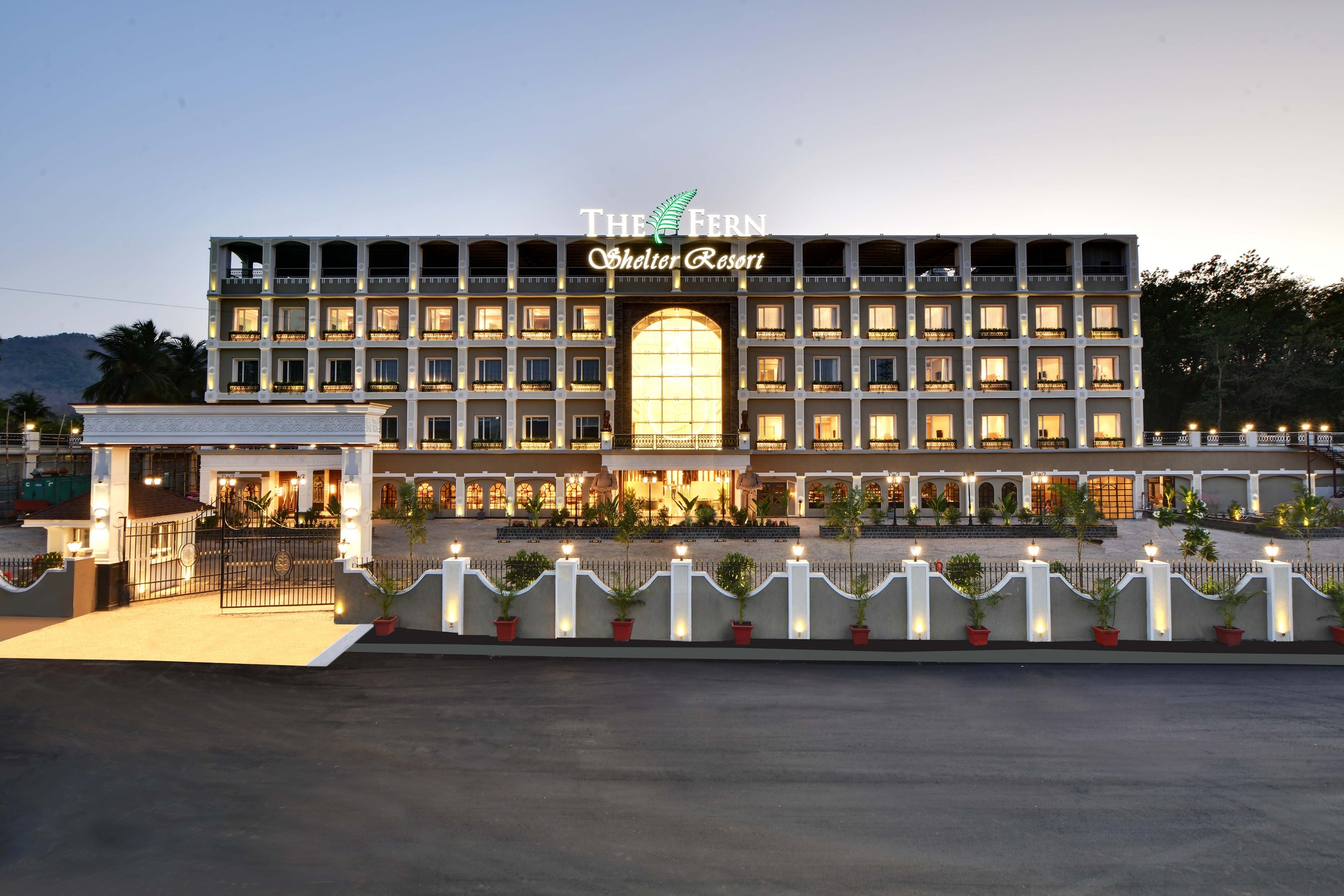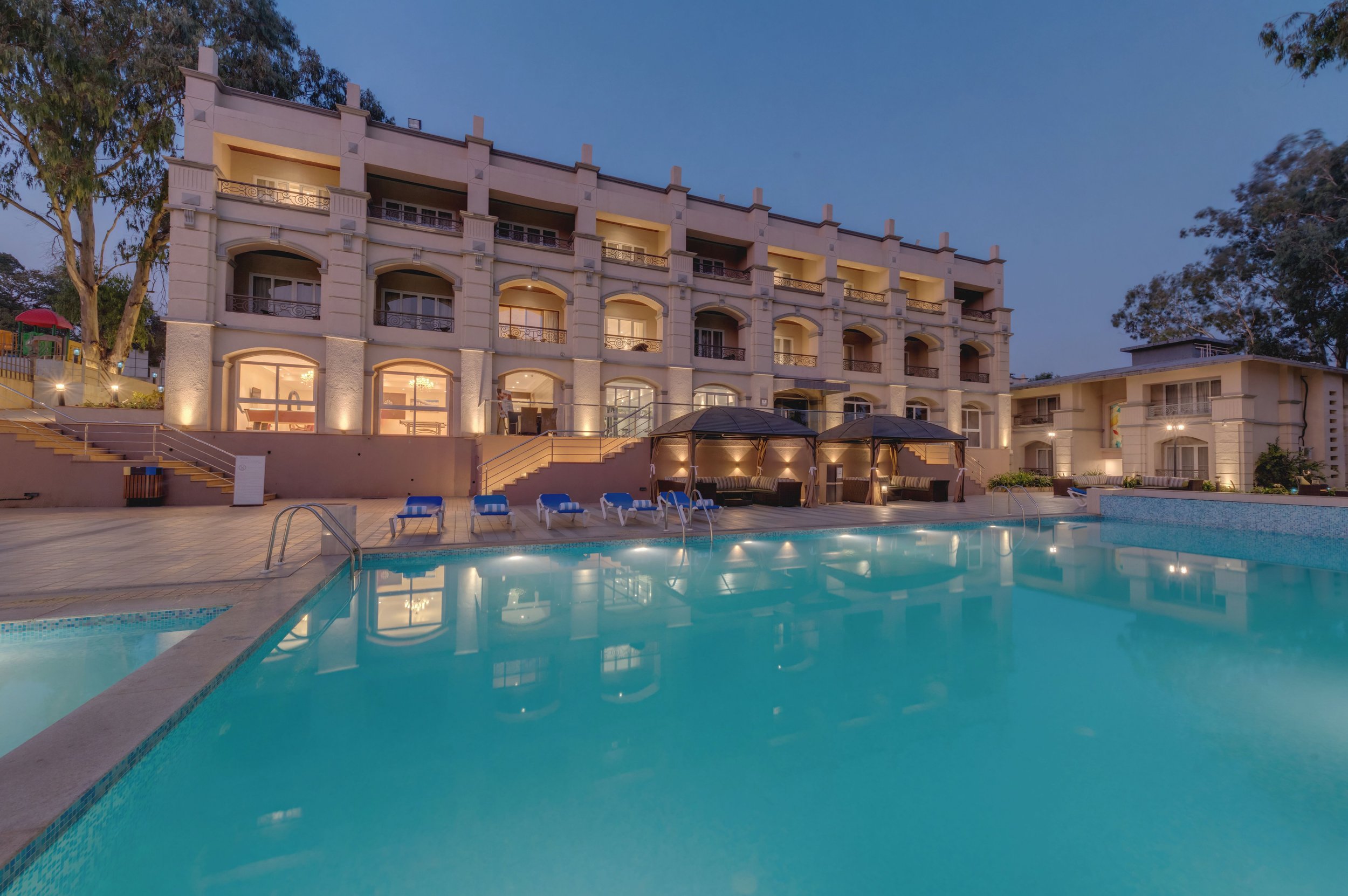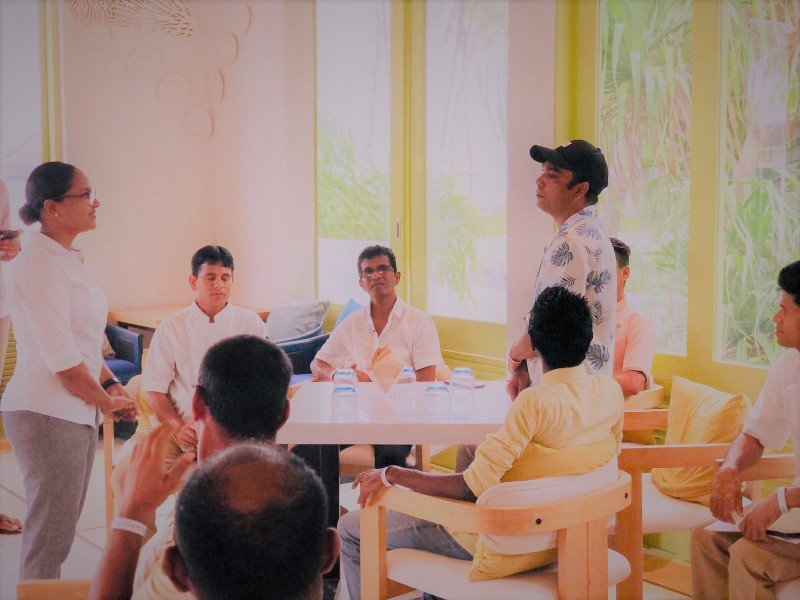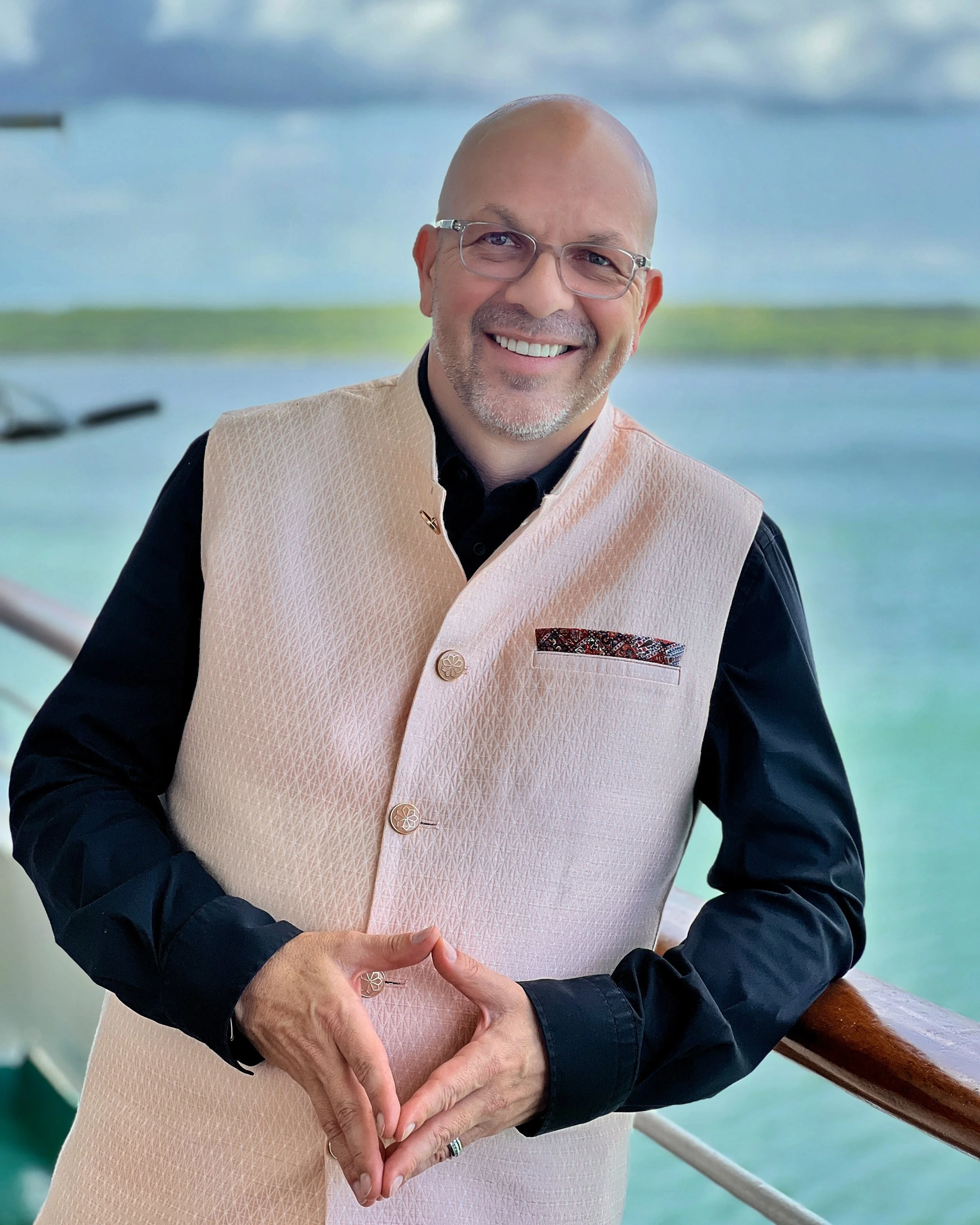A SOPHISTICATED APPROACH TO DECLINING REQUESTS IN HOSPITALITY AND SERVICE SECTORS
Welcome, fellow hospitality professionals, to an exploration of an often-overlooked aspect of our industry - the art of tactful denial. As experienced mavens in this bustling and vibrant sector, we are all too familiar with the central role customer satisfaction plays in our enterprises. Guests are the cornerstone of our operations, the vital life force that drives us forward. Our mission? To consistently deliver unparalleled service and thereby safeguard the esteemed reputation of our industry. Amidst this rewarding, though challenging journey, we often encounter a common and timeless axiom, "YOU CAN NEVER SAY NO; BUT YOU SHOULD KNOW HOW TO SAY NO"
In the ever-evolving landscape of hospitality, we frequently come face-to-face with situations where fulfilling every guest request isn't feasible. Various factors, from operational constraints to unexpected circumstances or policy restrictions, may necessitate a polite refusal. But here's the catch - it's not about the refusal itself, but how we convey it. The tact, diplomacy, and elegance with which we navigate these situations can significantly influence our guests' perceptions and their overall experience.
Through the lens of this article, we aim to journey together through the nuanced art of respectfully declining requests while maintaining the highest standards of service. Consider this piece a roadmap, providing you with strategies to strike a balance between catering to guests' expectations and adhering to our establishment's operational limitations.
This article will focus on refining the methods of refusal, ensuring they don't undermine the guest experience but instead, elevate it. Our goal? To create a harmonious blend of guest satisfaction and operational efficiency. As we delve into the depths of this topic, we will unveil ten practical and effective strategies. Each one will serve as a stepping stone towards mastering the art of tactful denial, a skill that ensures your guests always feel valued and respected, even when certain requests cannot be met.
So, let's embark on this enlightening journey, as we uncover these ten key strategies of denial, each one a powerful tool to transform potential negatives into opportunities for amplifying guest satisfaction.
• Use Positive Language: Instead of focusing on the negative, try to use positive words when talking with guests. For example, if a guest wants to bring a pet, which we don't allow, instead say, "We can recommend some nearby pet-friendly accommodations that might suit your needs." This shows respect and consideration even when you have to say no.
• Offer Alternatives: When you have to deny a request, suggest other viable options. This shows empathy and underscores your dedication to their experience. For instance, if a guest wants a poolside room that is unavailable, propose a room with a garden view as a pleasant alternative.
• Be Clear and Direct: Avoid unclear phrases or promises that can't be kept, as they lead to confusion and disappointment. For instance, if a guest requests late checkout but it's not possible due to peak season, explain the situation clearly to avoid misunderstandings.
• Show Understanding: Truly understand and acknowledge guests' feelings when explaining why their requests can't be fulfilled. If a guest is upset because the spa is fully booked, empathize with their disappointment and suggest alternatives like local wellness centers.
• Remain Professional: Stay calm and professional, even when dealing with difficult situations or guests. For example, if a guest is angry because of a reservation error, handle the situation with grace, apologize, and offer a solution.
• Train your Team: Make sure your entire team knows the hotel's policies and procedures. This empowers them to handle tricky situations confidently. For example, when a guest demands a refund that goes against the hotel's policy, a well-trained staff member will handle the situation tactfully.
• Listen Actively: Give your full attention to guests' concerns and acknowledge them before providing your solution. If a guest complains about a noisy air conditioner, listen carefully to their problem, apologize, and then explain the steps you'll take to resolve it.
• Pay attention to your Tone: Your voice tone can greatly influence the message you're trying to convey. It's important to ensure your tone matches the words you're speaking. For example, when informing a guest that their room isn't available for early check-in, use a sympathetic and calm tone. This shows that you understand their anticipation and are not just mechanically enforcing rules.
• Be mindful of your Body Language: Facial expressions and gestures also play a significant role in communication. They should be in harmony with your spoken words to avoid any miscommunication. For instance, when explaining to a guest why a certain service is unavailable, maintaining eye contact and having an open posture can demonstrate sincerity and willingness to help, even in undesirable circumstances.
• Practice Difficult Situations: Boost staff confidence in handling tough conversations by role-playing different denial scenarios. This helps staff to be prepared and handle such situations effectively. For instance, rehearse a scenario where a guest insists on an early check-in which isn't possible, so staff know how to respond politely and professionally.
As we wrap up this exploration into the subtle art of saying "NO" in the hotel industry, let's reflect on what we've learned. These strategies we've discussed aren't just about learning to say ' NO '. They're about how to do it in a way that upholds our reputation, keeps our guests happy, and allows us to run our businesses effectively.
Turning down a guest request doesn't mean we're letting our guests down. With a bit of empathy and creativity, we can turn these moments into opportunities to impress our guests even more. These moments can help us build stronger relationships with our guests and make them feel valued and understood.
The result is a guest who leaves our hotel feeling satisfied and cared for, despite not having all their requests met. These positive experiences often lead to guests returning and recommending our hotel to others, which is a win for everyone.
These are the core lessons that I hope you take away from this discussion. As you continue on your journey in the hospitality industry, I hope these lessons will guide you and help you find success. Remember, it's not just about saying ' NO '; it's about saying ' NO ' in a way that says 'YES' to exceptional service, strong guest relations, and a successful business.
To encapsulate, this article aims to provide a foundational understanding of developing assertiveness, focusing specifically on the vital competence of articulating a respectful 'NO'. As you progress in enhancing this skill, it is imperative to always uphold the values of professionalism, modesty, and graciousness in your communications, which will result in a more effective and engaging dialogue. The path toward self-confidence is indeed a continual journey that necessitates ongoing improvement and personal development.

